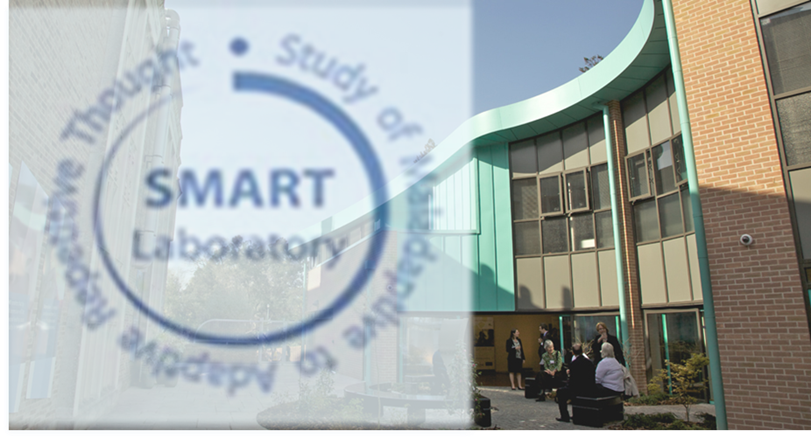SMART Lab (Study of Maladaptive to Adaptive Repetitive Thought)
SMART Lab (Study of Maladaptive to Adaptive Repetitive Thought) is focused on the understanding of the mechanisms of worry and rumination, identified as mechanisms common across multiple disorders, the translation of this understanding into better interventions to treat and prevent disorders characterized by repetitive negative thought such as depression and anxiety, and the increased access and dissemination of these interventions.
Key Strands
- Rumination and worry - their mechanism and treatment
- Improving mental health in young people including university students
- Treatment and prevention of anxiety and depression
- Research into understanding the active ingredients of rumination-focused CBT (RFCBT) and Behavioural Activation.
There is good evidence for RFCBT treating chronic treatment-refractory depression and for preventing depression and anxiety. Projects investigating RFCBT includes trials investigating whether it prevents anxiety and depression in at risk UK undergraduates, as a treatment for severe adult depression in Denmark, as an intervention to prevent depression and anxiety in Swedish and US adolescents, and as a community wide prevention intervention in Hong Kong

